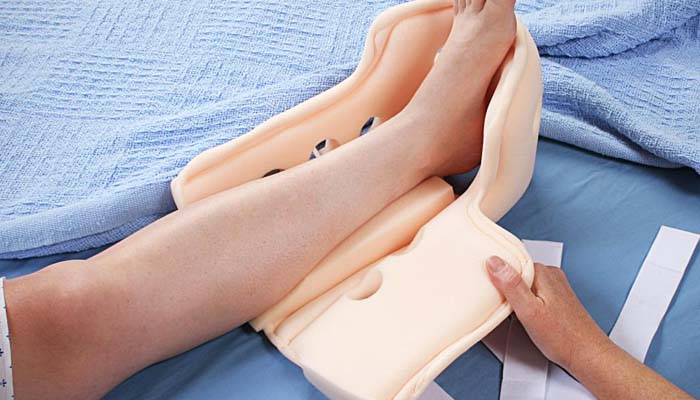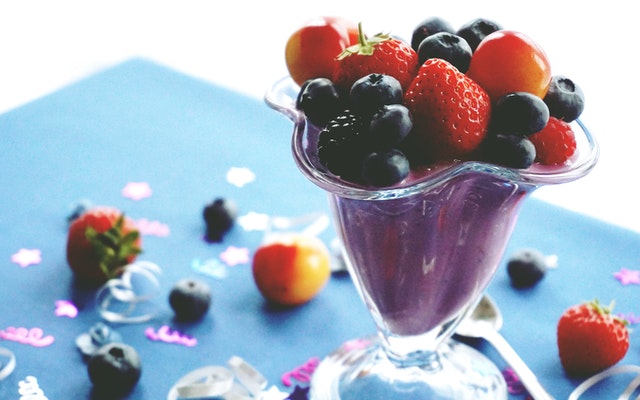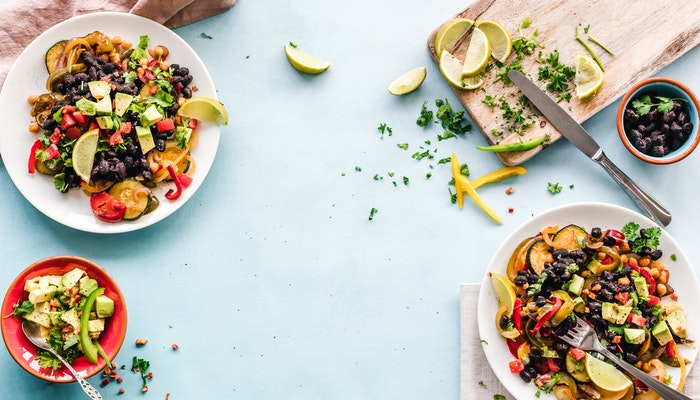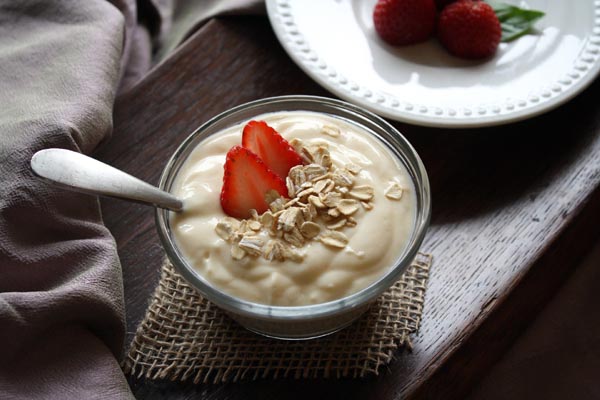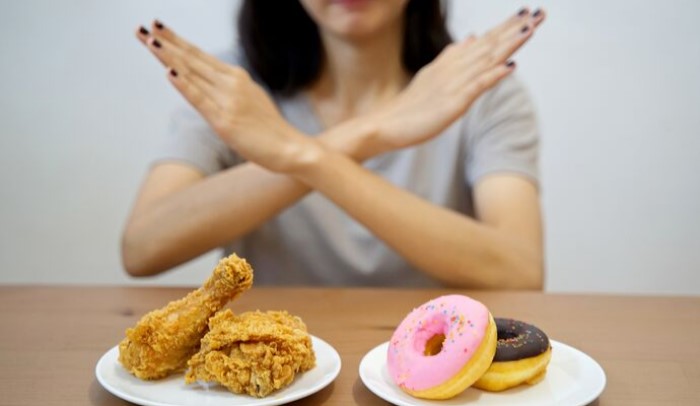
Gallbladder problems affect millions globally. The gallbladder plays an integral role in digestion, storing, and releasing bile to break down fats. When things aren’t working right, people might feel crummy with belly pain, swelling, and tummy troubles. One way to manage gallbladder issues is by avoiding certain foods which aggravate symptoms. This article will explore what foods to avoid with gallbladder issues and provide healthy alternatives.
Why Is the Gallbladder Important for Digestion?
The gallbladder is a pear-shaped organ below the liver. It stores bile, an acidic fluid that aids in breaking down fats in the small intestine, and releases it. When activated by the hormone cholecystokinin – produced when we eat – this bile travels through its duct system into your small intestine, which assists with fat digestion.
What Causes Gallbladder Issues?
Gallbladder issues can be caused by many things:
- Gallstones: Gallstones cause most gallbladder problems. These hard pebble-like deposits in the gallbladder block bile flow and cause pain and inflammation when present.
- Inflammation: Inflammation of the gallbladder, called cholecystitis, can be caused by a bacterial infection, blockage in the bile duct, or injury to the gallbladder.
- Bile Duct Problems: Blockages or narrowing of the bile duct can result in an accumulation of bile in the gallbladder, leading to inflammation and pain.
- Diseases and Disorders: Medical conditions like diabetes, liver disease, and pancreatitis can make you more likely to have problems with your gallbladder.
- Genetics: Some people are more likely to have gallbladder problems because of their genes.
- Rapid Weight Loss: Sudden or rapid body mass loss can lead to gallstone formation and increase the likelihood of developing gallbladder issues.
- Hormonal Changes: Women are at risk of getting gallstones due to hormonal changes from pregnancy, hormone replacement therapy, or birth control pills.
- Age: Your chances of developing gallbladder issues increase as you age.
If you have symptoms like stomach pain, nausea, or vomiting, it’s important to talk to a doctor. Your healthcare provider can perform tests to diagnose the source of your symptoms and suggest an effective treatment plan.
Foods to Avoid When Dealing with Gallbladder Issues
- Fried Foods: Fried foods contain high-fat levels that make them difficult to digest, leading to pain and discomfort in the affected area.
- Dairy Products: Dairy products can be high in fat and may lead to gallbladder symptoms in some individuals.
- Processed Foods: Foods often contain unhealthy fats, sugar, and salt levels that could harm the gallbladder.
- Spicy Foods: Eating spicy foods can make your gallbladder irritated and cause symptoms like bloating and indigestion.
- Red Meat: Red meat contains high amounts of saturated fat that are difficult to digest, leading to gallbladder discomfort.
- Caffeine: Caffeine can make your gallbladder contract, causing pain and discomfort.
Gallbladder-Friendly Foods/Healthy Alternatives
- Lean Proteins: Choose lean proteins like chicken, turkey, or fish instead of red meat.
- Low-Fat Dairy: Choose low-fat dairy products such as skim milk, yogurt, and cheese.
- Whole Grains: Whole grains (like brown rice, quinoa, and whole wheat bread) have lots of fiber that can help with digestion.
- Fruits and Vegetables: Fresh fruits and veggies have fiber and important nutrients which keep your digestion healthy.
- Nuts & Seeds: Nuts and seeds have good fats and are great for protein.
- Herbal Teas: Try drinking herbal teas like chamomile, peppermint, or ginger tea instead of caffeine for a similar effect.
Comparison chart
Here is a comparison chart for foods to avoid with gallbladder issues:
| Foods to Avoid | Why to Avoid | Alternative Foods |
|---|---|---|
| Fried Foods | High in fat, can cause gallbladder pain and inflammation | Grilled, baked, or broiled lean meats and vegetables |
| Dairy Products | High in fat and cholesterol, can contribute to gallstones | Low-fat or fat-free dairy products, such as skim milk and yogurt |
| Processed Foods | High in fat, salt, and preservatives, can cause gallbladder irritation | Fresh fruits, vegetables, and whole grains |
| Spicy Foods | Can cause gastrointestinal irritation and gallbladder pain | Mild seasonings, such as herbs and garlic |
| Alcohol | Can cause gallbladder inflammation and exacerbate existing gallbladder issues | Non-alcoholic beverages, such as water, tea, or juice |
Remember, people can react differently to certain foods. Talk to your doctor to find out the best diet for you and your gallbladder problems.
Gallbladder Diet After Surgery
After gallbladder surgery, following a special diet is essential to speed healing and minimize digestive issues. Here are some tips for an optimal gallbladder diet after surgery:
- Start With Clear Liquids: In the early hours after surgery, drinking clear liquids such as water, apple juice, or broth is essential to prevent dehydration and promote healing. It will help ensure a successful outcome.
- Gradually introduce solid foods: Once your doctor has given the go-ahead to begin eating them, start with low-fat options such as toast, crackers, and applesauce.
- Steer clear of high-fat foods: Without a gallbladder, digesting fatty foods such as meats, fried foods, and dairy products may become difficult for your body.
- Choose Lean Proteins: Choose lean protein sources like chicken, turkey, fish, and tofu which are easier to digest and keep you feeling full for longer.
- Eat Fiber-Rich Foods: Eating fiber-rich foods like fruits, veggies, and whole grains helps your digestion and prevents constipation.
- Stay Hydrated: Drinking plenty of water or fluids helps prevent dehydration and promotes healthy digestion.
- Eating Smaller Meals Frequently: Eating smaller meals during the day can prevent problems with digestion, such as bloating and indigestion.
- Limit caffeine and alcohol: Drinking caffeine and alcohol can make your stomach feel uncomfortable because they can irritate your digestive system. Try not to drink too much of these drinks, or don’t drink them at all.
- Consult Your Healthcare Provider: Everyone’s body reacts differently after gallbladder surgery. Talk to your doctor about your dietary needs and restrictions to make a personalized plan that suits you.
Eating a healthy diet for your gallbladder after surgery can make you feel better and help you recover faster. Be sure to discuss your concerns with your healthcare provider regarding what kind of diet should be followed after your operation.
FAQs
Here are some frequently asked questions about, which foods to avoid when you have gallbladder problems:
What are gallbladder issues?
Gallbladder issues refer to conditions that affect the gallbladder, an organ that aids digestion by storing and releasing bile. These could include gallstones, inflammation, infection, or other conditions causing pain and discomfort in the affected area.
What Foods Should I Steer Clear of When Dealing with Gallbladder Issues?
To deal with gallbladder problems, it’s best to avoid high-fat foods like fried foods, dairy products, processed foods, spicy dishes, and alcohol.
Why Should I Steer Away From High-Fat Foods When Dealing with Gallbladder Issues?
Eating fatty foods can lead to gallbladder discomfort, inflammation, and increase the chances of developing gallstones. Eating lower-fat or leaner alternatives may reduce these risks.
Can Dairy Products Be Eating with Gallbladder Issues?
Dairy can be high in fat and cholesterol, but you can still enjoy low-fat or fat-free options in moderation. Check with your doctor before changing your diet.
Why Should I Steer Clear of Processed Foods with Gallbladder Issues?
Processed foods have lots of fat, salt, and preservatives that can make gallbladder problems worse by irritating them. Opting for fresh whole foods instead can help alleviate these symptoms.
Can Spicy Foods Be Consumed with Gallbladder Issues?
Spicy dishes may cause gastrointestinal irritation and worsen gallbladder pain. Mild seasonings like herbs or garlic can be used instead for flavor.
Why Should I Avoid Alcohol If I Have Gallbladder Issues?
Alcohol can aggravate existing gallbladder inflammation and make matters worse. You can drink water, tea, or juice instead of alcoholic beverages.
Can I still have a balanced diet with gallbladder issues?
You can still have a balanced diet with gallbladder issues by eating lean proteins, fresh fruits and vegetables, whole grains, and low-fat dairy products in moderation. It’s best to ask your healthcare provider for personalized dietary advice.
Conclusion
Gallbladder issues can be uncomfortable and challenging to manage. Eating healthier foods and avoiding triggers can ease digestive problems and improve gut health. If you have ongoing symptoms or concerns about your gallbladder health, it’s best to see your doctor for advice.

